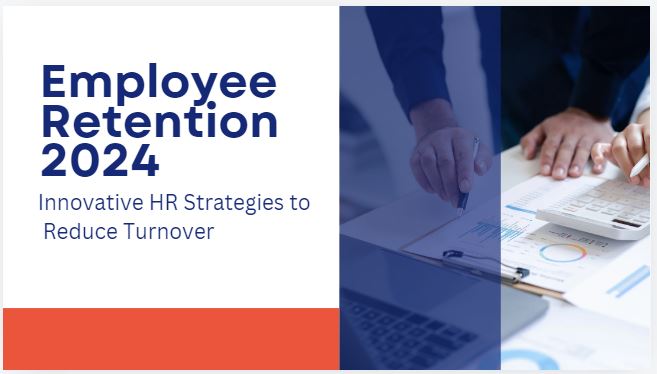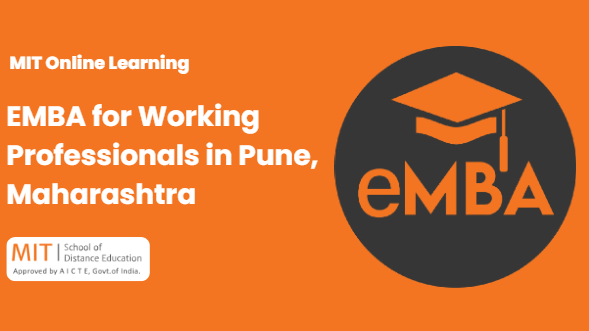
Employee retention continues to be one of the top challenges for HR professionals. High turnover rates not only disrupt team dynamics but also result in significant financial costs. With employee retention becoming more critical than ever, HR managers need to adopt innovative strategies to keep top talent engaged and motivated.
Innovative Employee Retention Strategies for 2024
Personalized Career Development
One of the most effective ways to retain employees is through personalized career development plans. By offering opportunities for growth and skill enhancement, companies can ensure that employees feel valued and see a long-term future within the organization.
HR managers are now using data analytics in HR to identify skill gaps and tailor development programs to individual employees’ needs. This helps in fostering a sense of loyalty, making employees more likely to stay.
Flexible Work Models
Post-pandemic, flexible work models have become a non-negotiable aspect of employee satisfaction. Remote work and hybrid work models provide employees with the flexibility to maintain a healthy work-life balance.
HR departments must embrace these models to retain employees who value flexibility and autonomy, particularly in industries where competition for talent is high. Implementing flexible HR policies can significantly reduce employee turnover.
Employee Wellness Programs
Employee well-being is directly linked to retention. Innovative human resource teams are focusing on holistic wellness programs that address not just physical health but also mental and emotional well-being.
Providing access to mental health resources, gym memberships, and flexible working hours are all part of a broader strategy to retain employees. Wellness initiatives in HRM are becoming critical as employees prioritize employers who care about their overall well-being.
Recognition and Rewards
Employees who feel recognized are more likely to stay with a company. HR professionals can implement employee recognition platforms that allow peers and managers to celebrate individual contributions in real time.
Additionally, providing rewards like extra time off, bonuses, or professional development opportunities can significantly improve employee retention rates. Recognizing and rewarding contributions is a proven method to boost employee engagement and satisfaction.
Upskilling HRM Professionals to Enhance Employee Retention
To keep up with the rapidly changing landscape of employee expectations, HRM professionals need to be continuously upskilled. Advanced education, such as a Post Graduate Diploma in HR Management, provides HR leaders with the tools and knowledge to implement these retention strategies effectively.
It’s essential for HR to stay updated on modern talent retention strategies and tools like HR analytics, which help improve decision-making processes. The PGDM in HR Management at MIT School of Distance Education offers flexible distance or online learning options that allow you to gain in-depth knowledge in employee management, talent acquisition, and retention strategies.
This course prepares HRM professionals to address the challenges of modern workforce management and foster a culture of retention and growth. By enrolling in a post graduate HR course, you’ll be equipped with advanced skills to manage employee retention strategies effectively.


